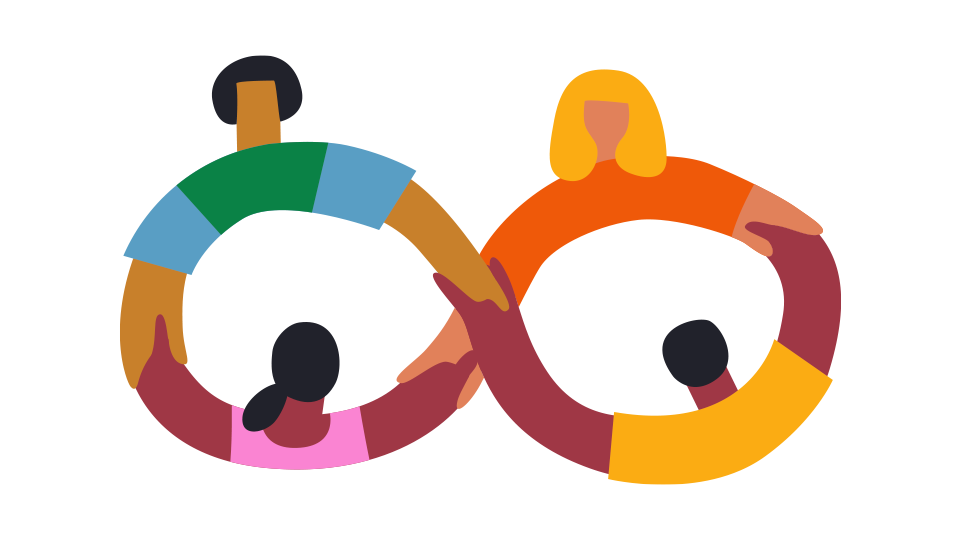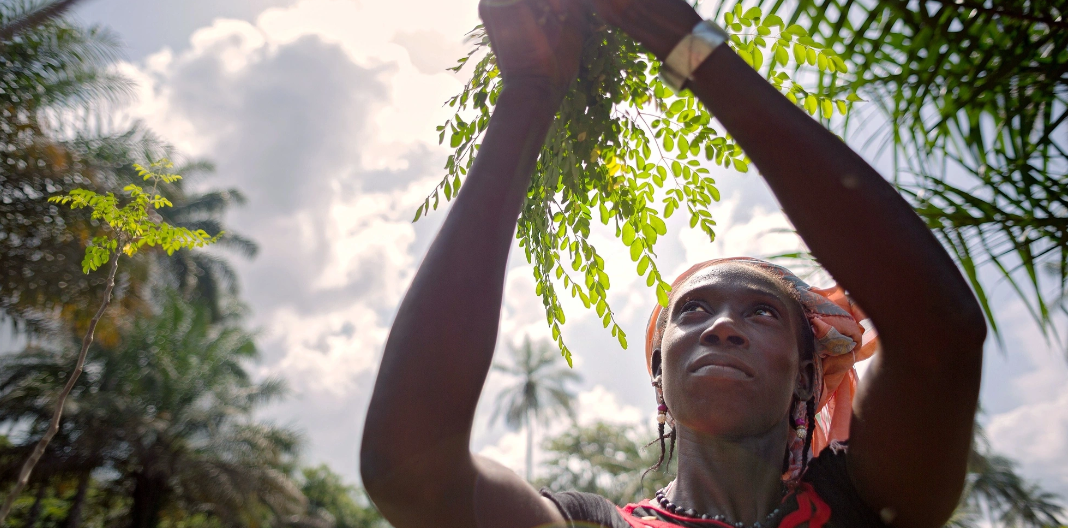
Across the Asia and the Pacific region, heat waves take a hidden and disproportionate toll on women. Understanding how heat stress impacts women is essential to strengthening their resilience.
The Asian Development Bank (ADB) is working to enhance the capacity of developing member countries to identify gender-responsive solutions to extreme heat, under the technical assistance Strengthening Women’s Resilience to Heat Stress in Asia and the Pacific. ADB’s work on the impacts of heat stress on women is demonstrating solutions that engage communities and women-led organizations. Civil society organizations (CSOs) are often key partners in this process.
Aligned with ADB's Strategy 2030 Midterm Review’s strategic focus area of resilience and empowerment, this webinar explores how civil society can effectively support women's resilience to heat. CSOs from Cambodia, Pakistan, and the UK will examine their role in strengthening women's resilience to heat stress.
The webinar is on September 24, 2025 04:00 PM AEST
Register Now: https://adb-org.zoom.us/meeting/register/s2WMKrWoTUe2fn_U0rNwXA#/registration
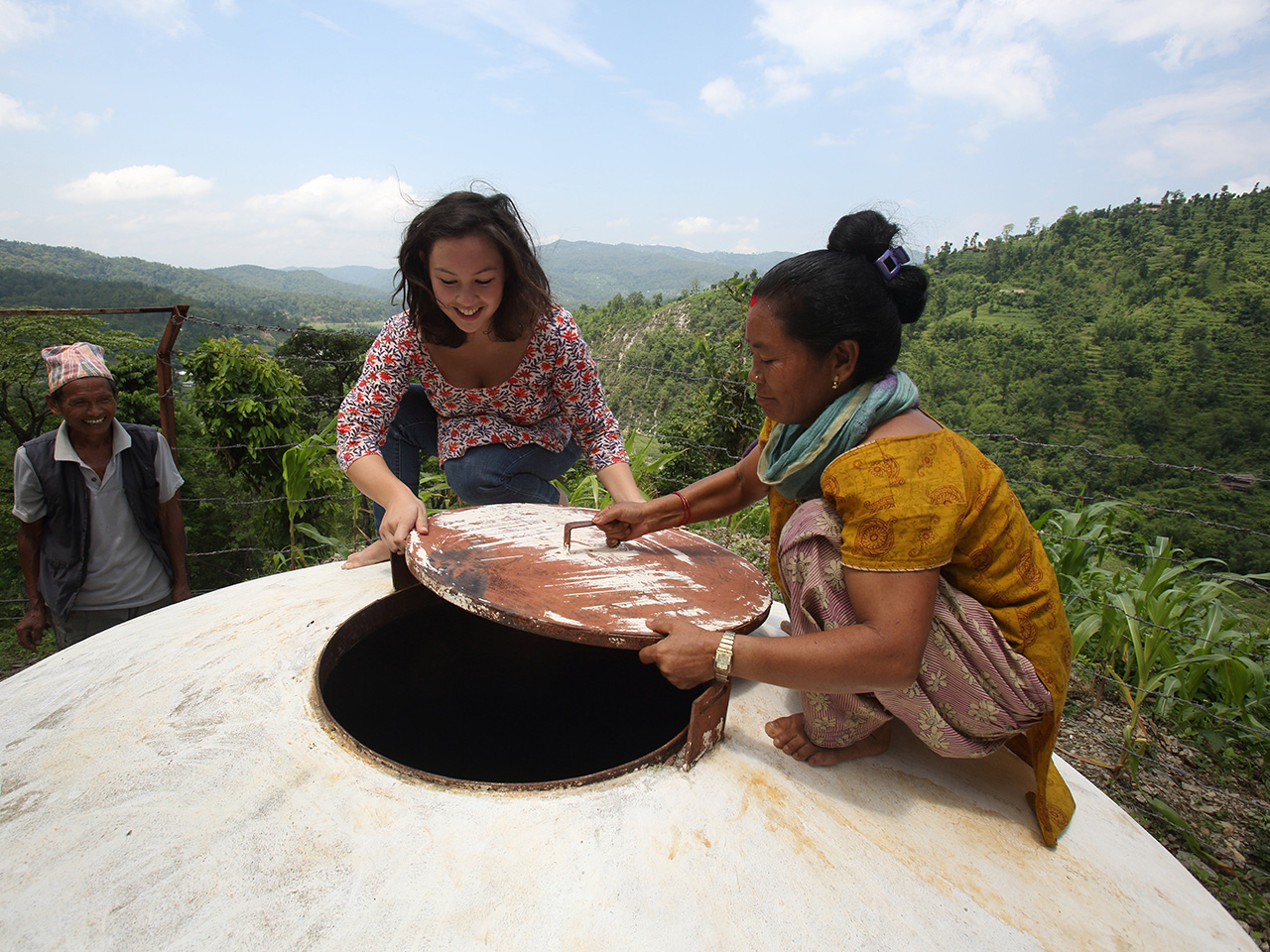
SURGE is pleased to share The United Nations Inter-Agency Network on Women and Gender Equality's (IANWGE) newly launched Intersectionality Informed Gender Analysis Toolkit.
The toolkit focuses on how to operationalize an intersectionality-informed gender analysis, starting with the necessary building blocks of transformational change, going on to cover principles to guide the work, and key steps and questions to consider throughout policy and programme development, implementation, and evaluation.
You can access and download a pdf of the toolkit here: The United Nations Inter-Agency Network on Women and Gender Equality (IANWGE) intersectionality-informed gender analysis toolkit | SURGE - surge4genderequality
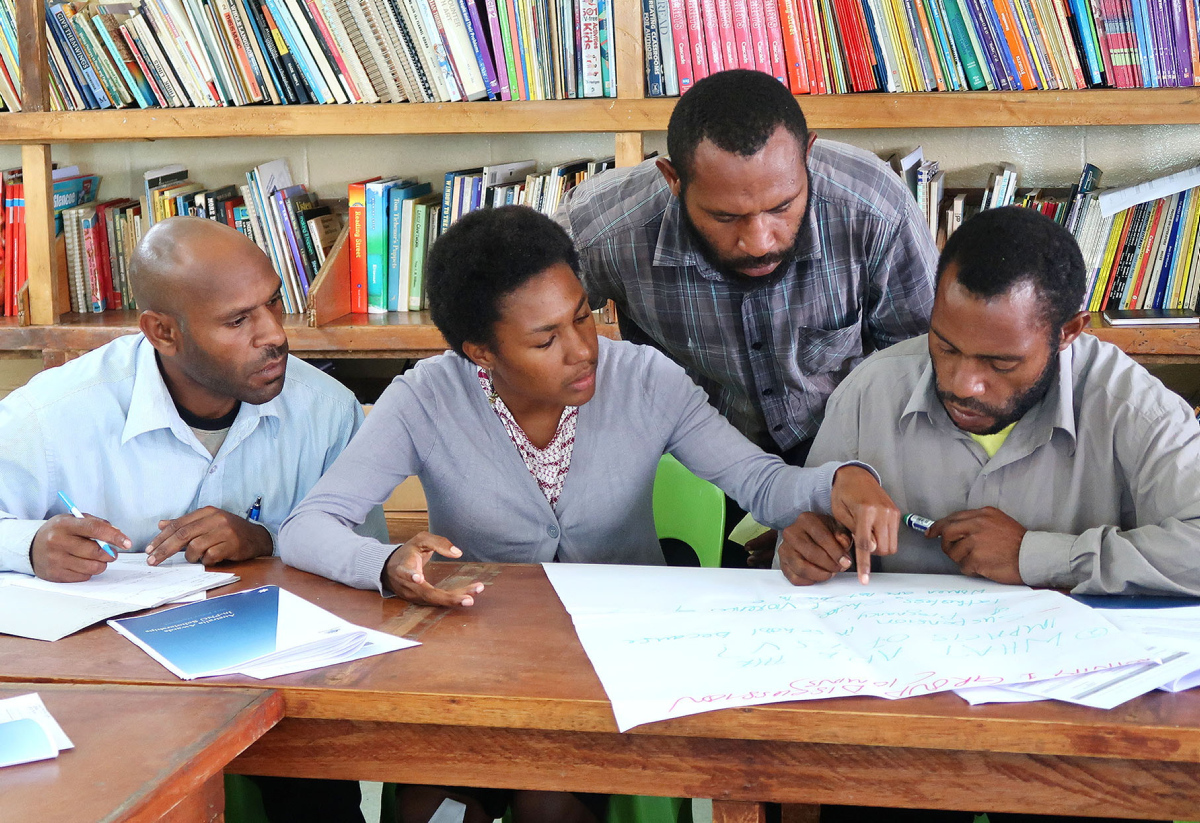
DFAT Gender Responsive Resources for Programming
To improve performance on gender equality and support the delivery of Australia's International Gender Equality Strategy, DFAT has developed a suite a of gender responsive resources to guide program implementation. These include good practice notes covering gender equality in monitoring and evaluation; investment design; and developing gender equality outcomes.
Click here to explore more gender equality resources.

Select dozens of courses delivered through self-paced, scheduled, customised or community training sessions. Many trainings are offered at no cost. Topics include:
-Women's' Economic Empowerment
-Women's Leadership and Decision Making
-Trade and Gender Equality
-Gender Equality and Migration
-Gender Equality in Education
and so many more!
Find out more here: https://portal.trainingcentre.unwomen.org/
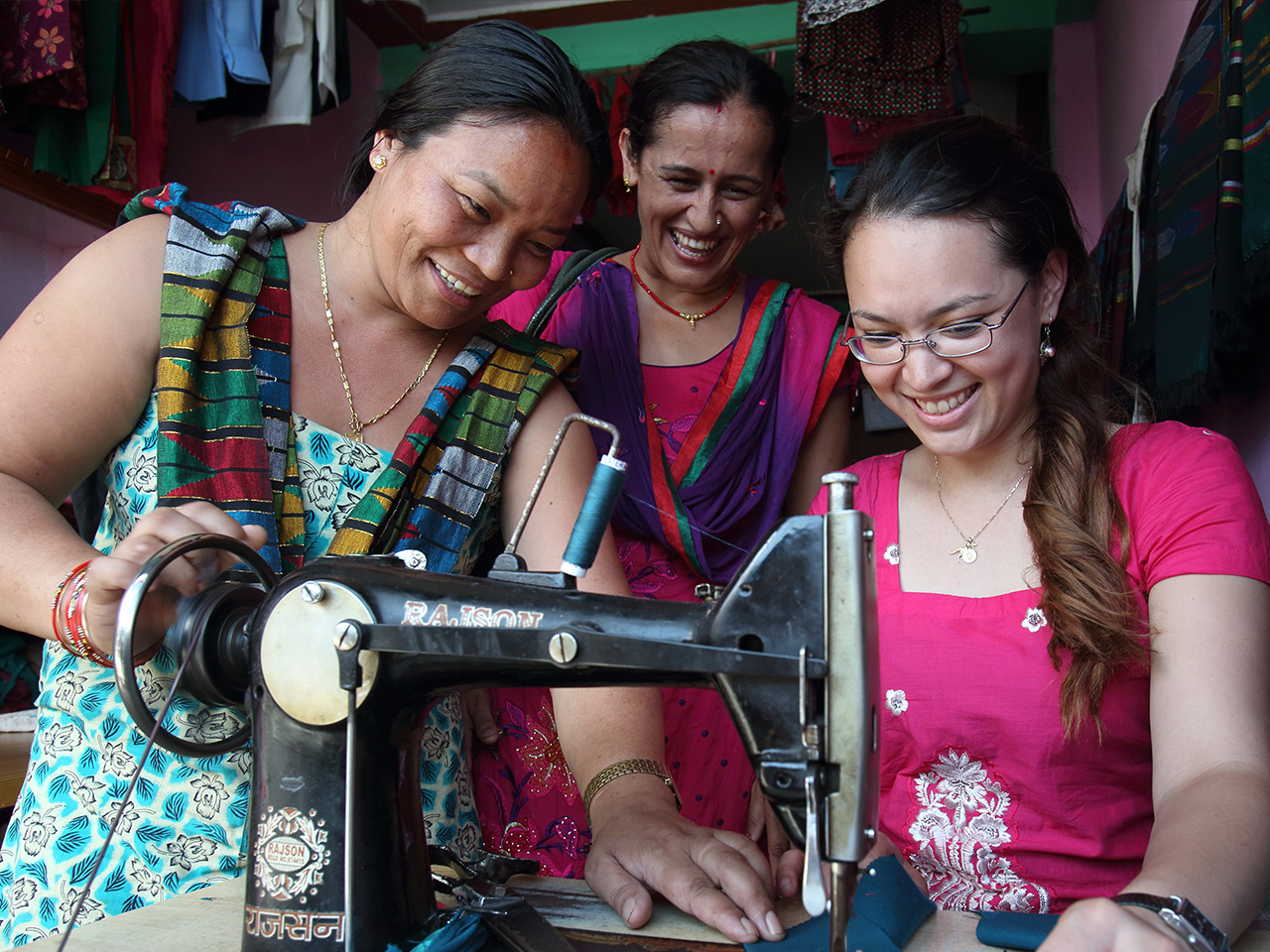
Needing to improve your knowledge in gender equality during disasters? The Gender in Emergencies (GiE) Group provides training on gender equitable data collection and analysis, donor requirements and can tailor training to your needs. Click the link below to find out more!
